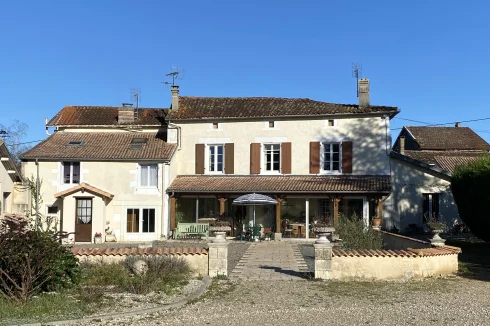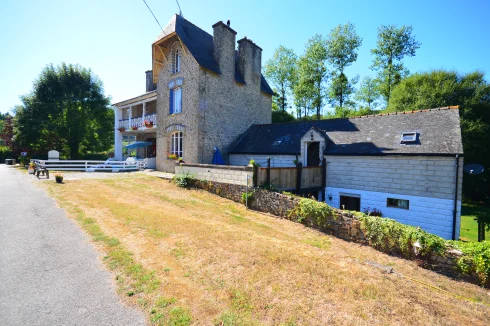Who Pays the Rates on an Inherited Property?
Wednesday 03 June 2020
Four children who inherited a property in France dispute responsibility for the local property taxes.
In a case recently heard in the French courts, the tax authority sought to recover unpaid rates on a property that had been empty for over a decade.
The property, located in Cannes, had been inherited by four children following the death of their mother.
The property was held in 'en indivision', a default joint ownership structure that requires decisions about the property be made by at least two-thirds of the owners.
The papers submitted in court do not provide information on why it remained empty, but family disputes over inherited property are not uncommon, when a property can then remain empty for many years and even become derelict.
The local residence rates (taxe d’habitation) due on the property were sent out by the tax authority in the name of the four children.
The rates due for the years 2005 to 2013 amounted to over €15,000, including penalties that had been imposed.
The tax authority choose to send out a summons in the name of only one of the owners for the whole of the debt.
The local administrative tribunal sitting in Nice ruled in favour of the tax authority, stating that under French law it was possible to recover the whole of the debt from any one of the owners, as they were jointly and severally liable. As a result, the owner could not be relieved of their obligation to pay the debt.
The case finally landed up in the French Supreme Administrative court, the Conseil d'Etat, who ruled that the obligation to pay incumbent on each co-owner could not exceed their rights in the property. In this case, no more than one-quarter of the arrears, as they each owned an equal share of the property.
In their ruling, the judges stated that the creditors did not have a right to recover a debt from a single owner on a property in shared ownership unless there was an express stipulation to this effect.
The judges drew on Article 1202 of the civil code, concernining joint and several liability, which states: "La solidarité ne se présume point; il faut qu'elle soit expressément stipulée. Cette règle ne cesse que dans les cas où la solidarité a lieu de plein droit, en vertu d'une disposition de la loi."
The collective obligation to pay the tax does not imply the joint and several liability of each of the co-owners for the payment of the total contribution.
In the absence of a document stipulating a joint and several liability between the co-owners of an estate, the payment of the property tax cannot therefore be charged exclusively to one of the co-heirs.
Thank you for showing an interest in our News section.
Our News section is no longer being published although our catalogue of articles remains in place.
If you found our News useful, please have a look at France Insider, our subscription based News service with in-depth analysis, or our authoritative Guides to France.
If you require advice and assistance with the purchase of French property and moving to France, then take a look at the France Insider Property Clinic.





